
Current Position:HOME >>Sweeteners
Sweeteners
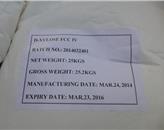 D-Xylose
D-XyloseXylose is a sugar first isolated from wood, and named for it. Xylose is classified as a monosaccharide of the aldopentose type, which means that it contains five
Details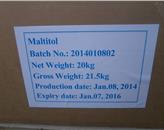 Maltitol
MaltitolMaltitol is a sugar alcohol (a polyol) used as a sugar substitute. It has 75-90% of the sweetness of sucrose (table sugar) and nearly identical properties, excep
Details Stevia
SteviaStevia is a genus of about 240 species of herbs and shrubs in the sunflower family (Asteraceae), native to subtropical and tropical regions from western North Am
Details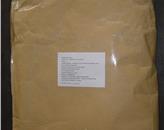 Sodium cyclamate NF13
Sodium cyclamate NF13Sodium cyclamate (sweetener code 952) is an artificial sweetener. It is 30–50 times sweeter than sugar (depending on concentration; it is not a linear rela
Details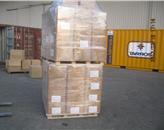 Sodium saccharin
Sodium saccharinSaccharin is an artificial sweetener. The basic substance, benzoic sulfilimine, has effectively no food energy and is much sweeter than sucrose, but has a bitter
Details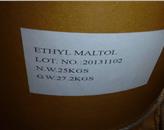 Ethyl Maltol
Ethyl MaltolEthyl maltol is an organic compound that is common flavourant in some confectioneries. It is related to the more common flavorant maltol by replacement of the me
Details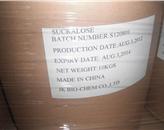 Sucralose
SucraloseSucralose is an artificial sweetener. The majority of ingested sucralose is not broken down by the body, so it is noncaloric. In the European Union, it is also k
Details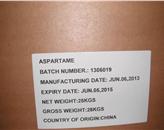 Aspartame
AspartameAspartame is an artificial, non-saccharide sweetener used as a sugar substitute in some foods and beverages. In the European Union, it is codified as E951. Aspar
Details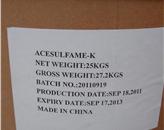 ACESULFAME K
ACESULFAME KAcesulfame potassium (ace-SUHL-faym) is a calorie-free sugar substitute (artificial sweetener), also known as Acesulfame K or Ace K (K being the symbol for potas
Details
